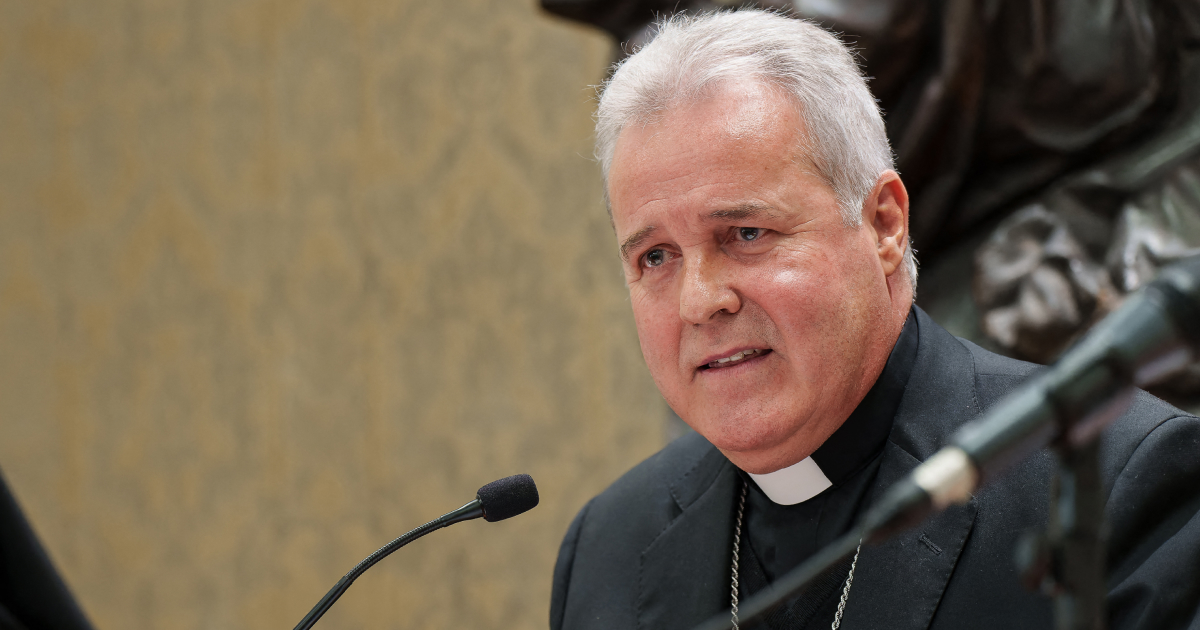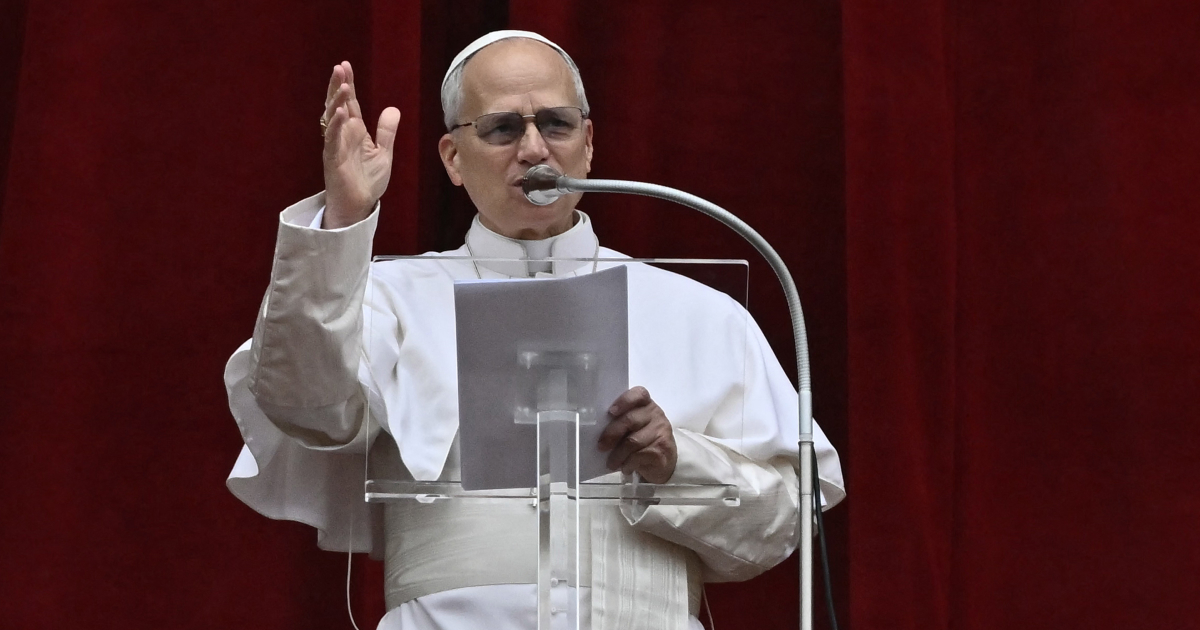A few years ago, the UK’s Department for Transport started a new campaign to silence pointless announcements on trains. It was almost the end of the Boris Johnson ministry, so the negative reactions wrote themselves: a floundering prime minister rushing out a silly-sounding initiative, seeking to micro-manage a trivial annoyance instead of tackling the big questions. Eye-catching rigmarole from a chaotic and rudderless government.
Many older voters were irresistibly reminded of the Cones Hotline, of blessed memory, which was set up by John Major to enable motorists to complain about unnecessary road furniture left over after roadworks. The Cones Hotline at least functioned for a while, whereas the so-called “bonfire of banalities” (a good slogan, sadly wasted) sank without trace.
All the same, there is something to be said for governments taking seriously the small annoyances that make our lives less pleasant. Fouling by dogs, graffiti, litter, noisy public phone usage—these might be said to be petty issues. But when left unaddressed, they cumulatively start to make daily life feel noticeably worse. As I say to my children: if you don’t tidy up the small messes in your room, you soon end up with a big mess.
There’s a theological point here. Decisions that seem small and inconsequential soon build up. C.S. Lewis put it this way: “Every time you make a choice you are turning the central part of you, the part of you that chooses, into something a little different than it was before. And taking your life as a whole, with all your innumerable choices, all your life long you are slowly turning this central thing into a heavenly creature or a hellish creature... Each of us at each moment is progressing to the one state or the other.”
Ignoring small sins and failures means they metastasise and entrench themselves. It’s also true that interminable announcements—especially those to do with personal safety—are irritating and infantilising, amounting to a kind of inescapable aural pollution. “It’s raining, so things are a bit slippery”; “don’t run on the stairs”; “take care with hot drinks”. It’s like we’re being followed around by our mothers. I imagine that before long Southeastern Railway will call me at home to remind me to wear clean underpants, carry a handkerchief, and finish my main course before I have pudding.
We are not being treated as reasoning, responsible adults—carriers of the image of God and answerable to Him—but as a kind of troublesome, undifferentiated blob.
This manifests in various ways. On intercity trains, we are usually given the useful information that the buffet is in coach G, or wherever. Excellent, you think, I shall stroll down later and spend a tenner on a stale sandwich and a tiny bottle of smoothie. But The Voice has not finished—not yet. Before peace can descend again, we must be informed at considerable (and needless) length about the kinds of food and drink available in this high-speed garden of earthly delights. Tea! Coffee! Juice! A selection of hot and cold snacks! Personally, I suspect most people old enough to travel alone are familiar with the concept of a café.
Long-distance rail travel is meant to feel sophisticated. There should be a little frisson of adventure. Being nagged over a crackly intercom about the appropriate place to put your bag tends to shatter any sense of mystery or romance. Poets, novelists and filmmakers have always understood this. Auden’s Night Mail wisely left out any mention of the guard reminding passengers it was a bit nippy in Glasgow. In North by Northwest, Cary Grant’s cosy dîner à deux with Eva Marie Saint on the 20th Century Limited was not interrupted by a stern instruction to keep their luggage with them at all times. Hercule Poirot did not need to be reminded, as the Orient Express sped through a Balkan blizzard, that when the ticket inspector came round, it was because he would like to see his ticket.
G.K. Chesterton wrote that if men will not be governed by the Ten Commandments, they will be governed by ten thousand commandments. In the absence of self-government and individual restraint, Leviathan must fill the void—ensuring we behave ourselves, reducing everyone’s liberty if necessary. If we do not fear God, we will be unpleasantly subjected to earthly authorities instead, whether in the form of the official police or a railway company hectoring us over the Tannoy.





.jpg)











